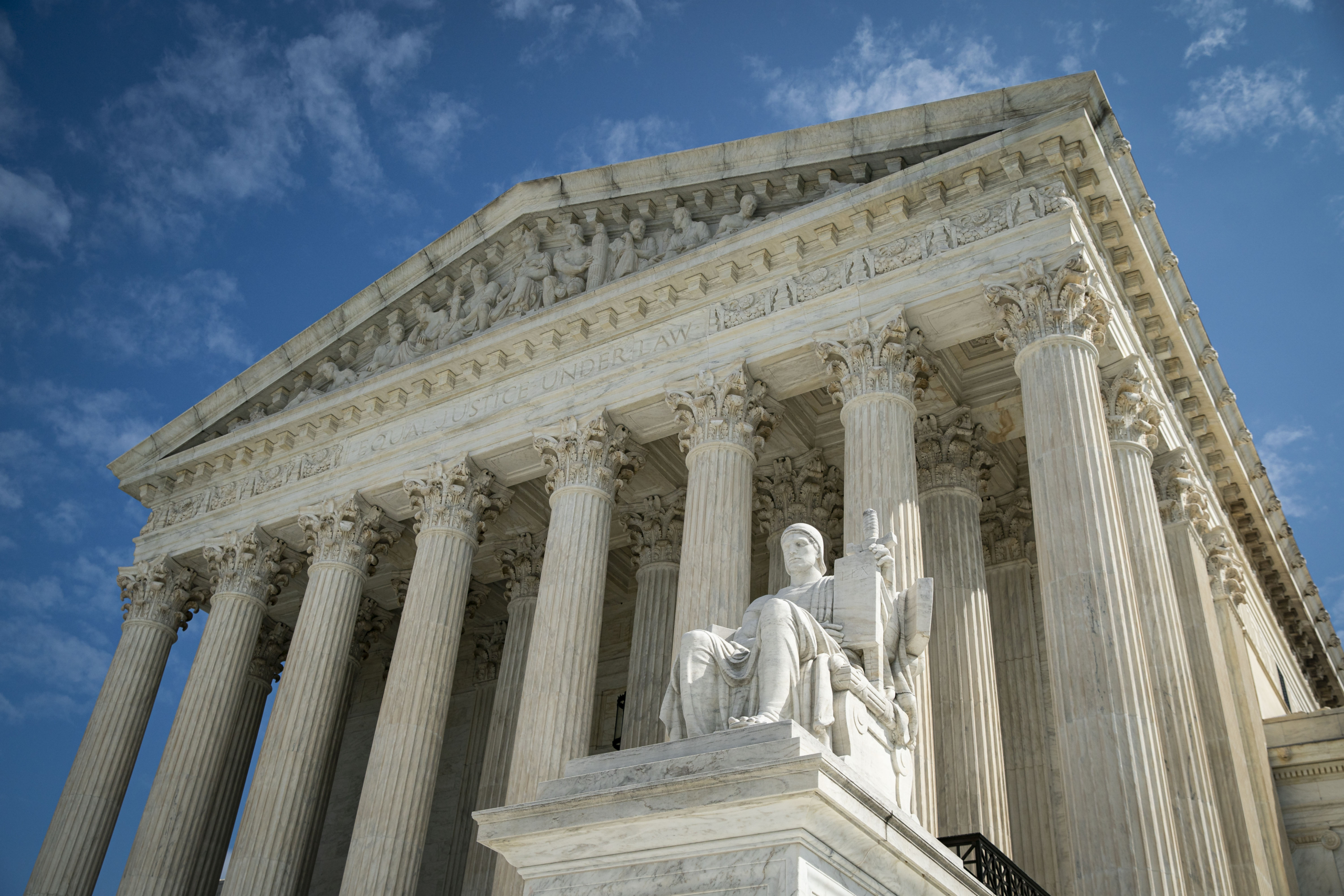On June 23, 2023, the Supreme Court held, in Coinbase, Inc. v. Bielski, that the Federal Arbitration Act (FAA) imposes an “automatic stay” on litigation while an appellate court decides whether the parties must resolve their dispute through arbitration. The decision ends a federal circuit split in which some courts have required class action defendants to bear the cost of seeking to enforce an arbitration clause while litigating the underlying claims in federal court. This ruling eliminates such unnecessary expense because it requires federal courts to pause litigation and allow the appellate court to determine whether the case belongs in court at all.
The decision garnered a narrow 5-4 majority of justices. As this blog noted in March, several of the justices indicated during oral argument an interpretation of the FAA that would end the automatic stay. While the FAA grants defendants the right to immediately appeal the denial of a motion to compel arbitration (i.e., an “interlocutory appeal”), the FAA does not explicitly say whether district court proceedings must be stayed during an interlocutory appeal. Justice Kavanaugh, writing for the Court, reasoned that the underlying litigation must be stayed because an interlocutory appeal divests the federal court of control of the case that is subject to appeal. This principle known as the “Griggs rule” has been adopted by Congress in other circumstances. Therefore, it was not necessary for the FAA to explicitly require an automatic stay, when Congress’ longstanding practice reflects the Griggs rule.
The significance of this decision to class action defendants cannot be understated. Businesses rely on arbitration agreements to avoid the cost and other burdens of litigation. This decision ensures that class action defendants will not be forced to expend unnecessary resources enforcing an arbitration clause and litigating claims in federal court. Most importantly, it reaffirms the arbitration clause as one of the most important and cost-effective tools in defending against class action claims.

